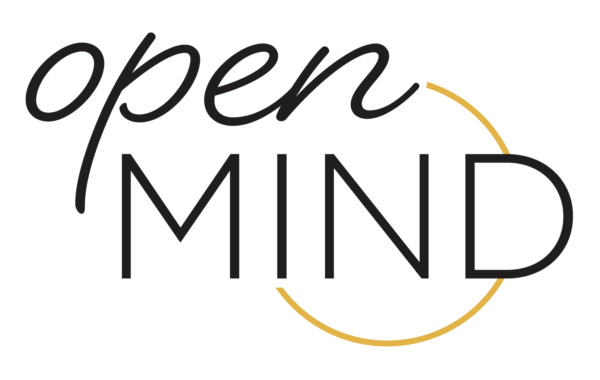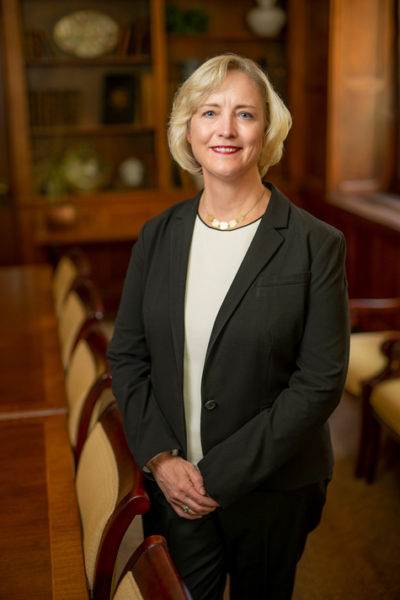 The other day, my daughter, a recent master’s graduate from Peabody College, was sharing with me some of the tactics she uses to get her high school science students to show their work when solving a problem. Throughout our education, we are taught to demonstrate how we came to a particular answer or conclusion. And as any faculty member could tell you, students are asked to “show their work” at every turn. For K-12 students and renowned scholars alike, the learning process is not just about getting the right answer, but understanding how we got there, even if it included some trial and error.
The other day, my daughter, a recent master’s graduate from Peabody College, was sharing with me some of the tactics she uses to get her high school science students to show their work when solving a problem. Throughout our education, we are taught to demonstrate how we came to a particular answer or conclusion. And as any faculty member could tell you, students are asked to “show their work” at every turn. For K-12 students and renowned scholars alike, the learning process is not just about getting the right answer, but understanding how we got there, even if it included some trial and error.
The “show your work” concept is synonymous with another word we hear frequently: transparency. I know that in today’s world, transparency might be considered a bit of a corporate buzzword. Buzzword or not, it is critical to the way we make progressive changes as a large institution. It takes extra effort to show your work; yet, the benefits cannot be overstated.
Sharing the evidence upon which decisions are made is critical. Factual, accurate information instills confidence in those decisions. There will certainly be times when protected or identifiable data cannot be publicly shared due to personnel, legal or fiduciary reasons. This is why it is especially critical that we share the principles driving decisions, make our processes as clear as possible, and communicate what is happening, and why, in nearly any situation and to the best of our abilities. At a complex and interconnected institution like Vanderbilt, transparency is critical to building trust and confidence in everything that we do.
We increase transparency at Vanderbilt in part through committee work, driven by our commitment to shared governance. And one way we “show our work” is through reports based on both our committees’ findings and campus surveys. My colleagues definitely know of my deep appreciation for reports and committees! This is because I have seen firsthand how they can lead to tangible results—making our community more vibrant and setting Vanderbilt apart.

Examples of transparency exist in many forms across our university. Documents like the Academic Strategic Plan five-year progress report, FutureVU’s Annual Sustainability Report, our annual report on equity, diversity and inclusion and the Senate Affairs Committee Report illuminate the processes behind the decisions we make together and show the results of our actions. And I recently charged the Provost’s Sexual Misconduct Prevention Committee with issuing recommendations to address the findings from the results of Vanderbilt’s first-ever sexual harassment survey of faculty and postdoctoral fellows and the AAU student campus climate survey on sexual assault and misconduct. Reports require hard work—teamwork—and the time, energy and effort of many people across campus. Through these reports we heighten accountability to our community and to one another. We also demonstrate that our commitment to constructive dialogue isn’t just words on a page; it’s at the heart of how Vanderbilt operates.
Importantly, we build trust and teamwork by setting clear and consistent processes for our university committees, councils and taskforces. Following guidance from the Shared Governance Committee Report, we established Committee Best Practices that facilitate and provide frameworks for student, faculty and staff engagement as part of making grounded, informed decisions about the future of Vanderbilt.
As one of America’s leading research universities, our obligation to be transparent and open extends far beyond our campus borders. To serve as society’s engines for innovation and creativity, research universities must “show our work” to our fellow citizens. This is why academics place such an emphasis on publishing our data and ideas. As scholars, we must continue to hold ourselves to a high standard and ensure that what we know, create and discover is shared in a way that it can be put to work to benefit society today and inspire the questions of tomorrow.
One way Vanderbilt is doing this is through the Public Voices Fellowship, which connects our faculty and their work with wider audiences on some of today’s most pressing issues. We also put our research to use in the public sector, through partnerships with state agencies, such as the Tennessee Department of Transportation, or our Army Futures Command partnership.
In past columns, you read about two of my guiding principles, trust and teamwork. With transparency as the third, we ensure that our shared foundation is level and equitable. It keeps everyone informed so we can engage in meaningful debate and give input on actions. And, in so doing, it opens the door for others to build upon our findings and discoveries. Much like trust and teamwork, transparency boils down to a further, singular, simple idea: the importance of having an open mind. This open approach is how we share our progress, exchange ideas and work together to fulfill our mission every day.
By keeping an open mind and showing our work, we can help each other and our community, advance discovery and creativity as a leading research university, and set a positive example for society at large.